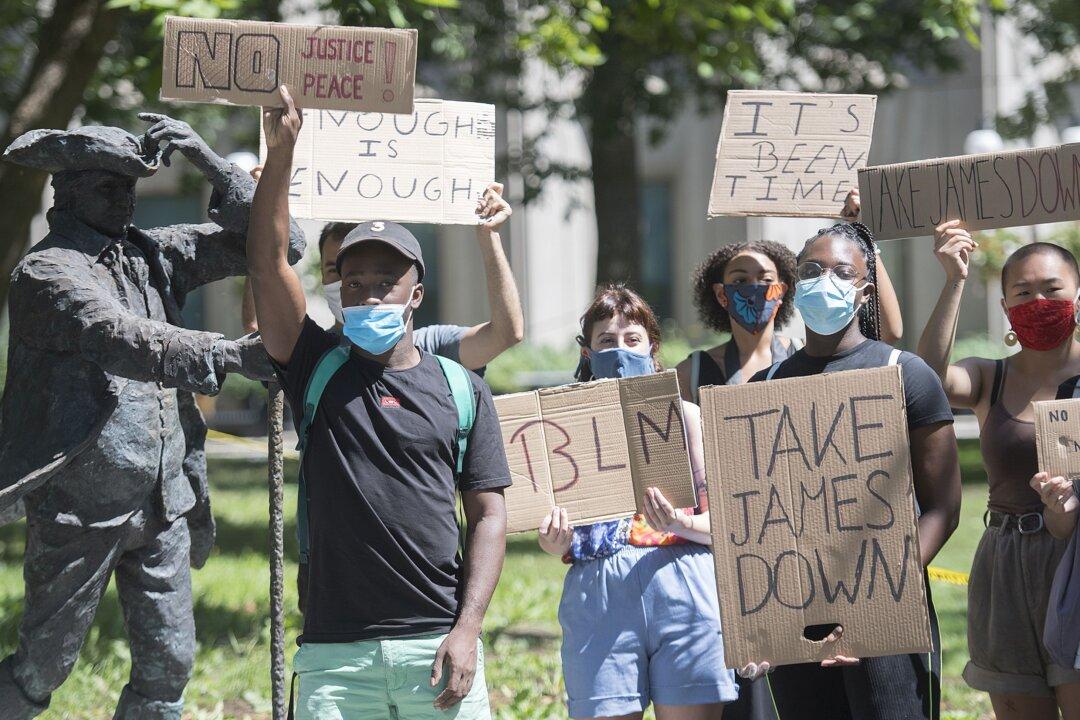Commentary
My 7-year-old son recently brought a worksheet home from school that listed the accomplishments of various activists, ranging from Malala Yousafzai to Greta Thunberg. Some had stories worth knowing.

My 7-year-old son recently brought a worksheet home from school that listed the accomplishments of various activists, ranging from Malala Yousafzai to Greta Thunberg. Some had stories worth knowing.